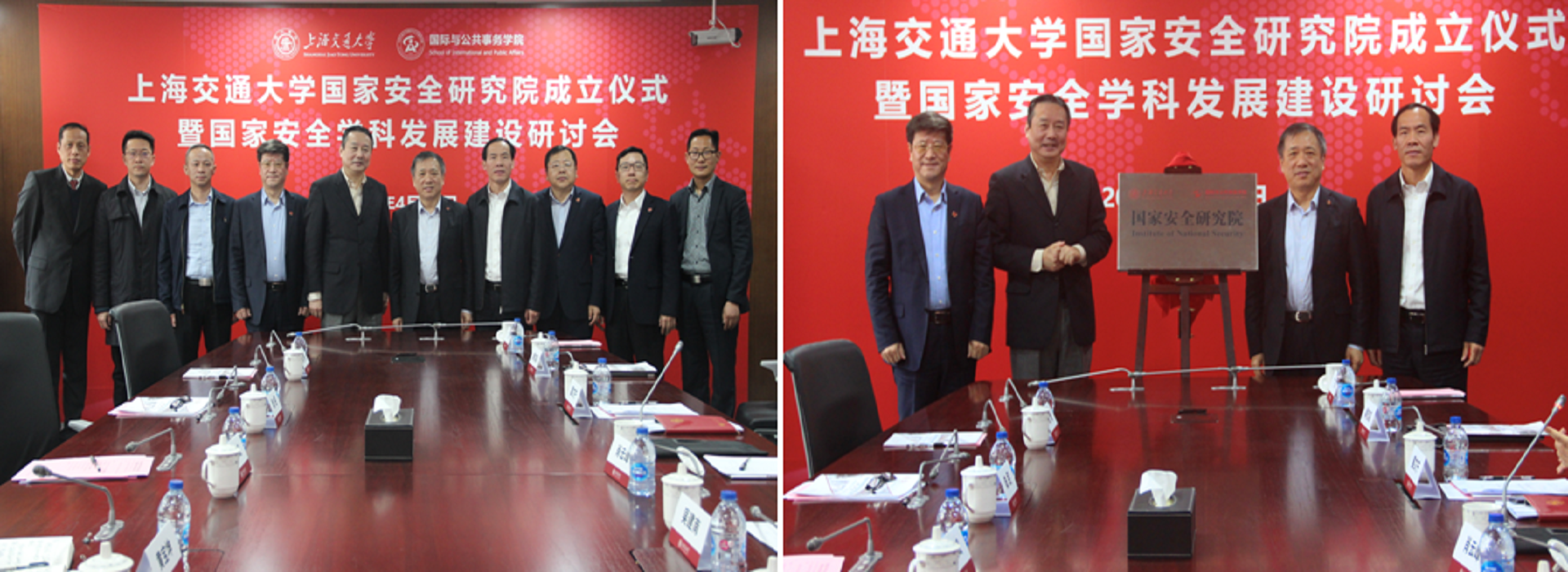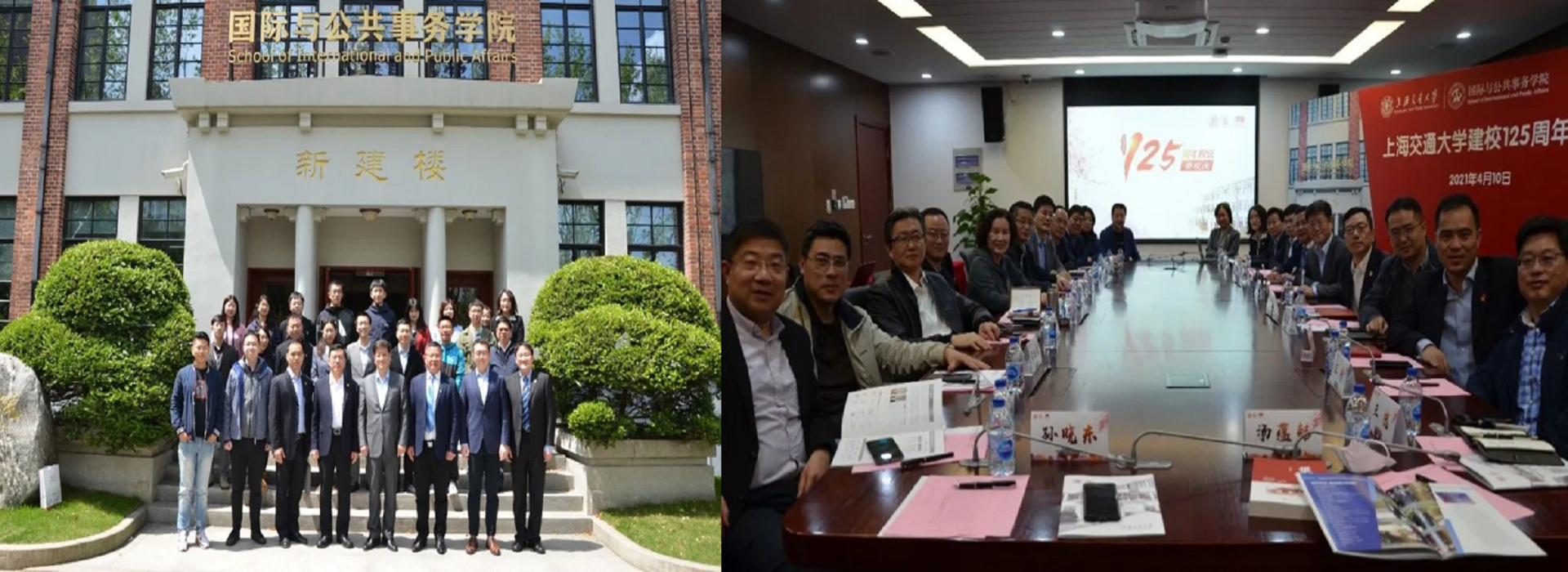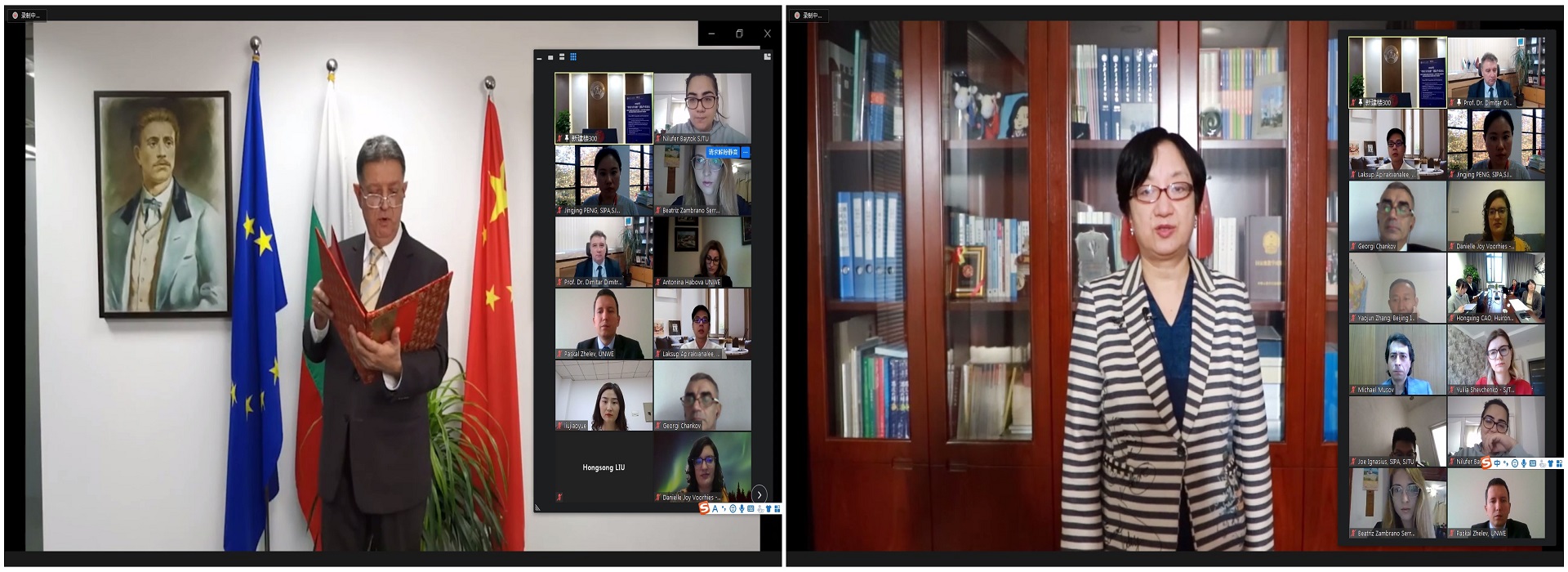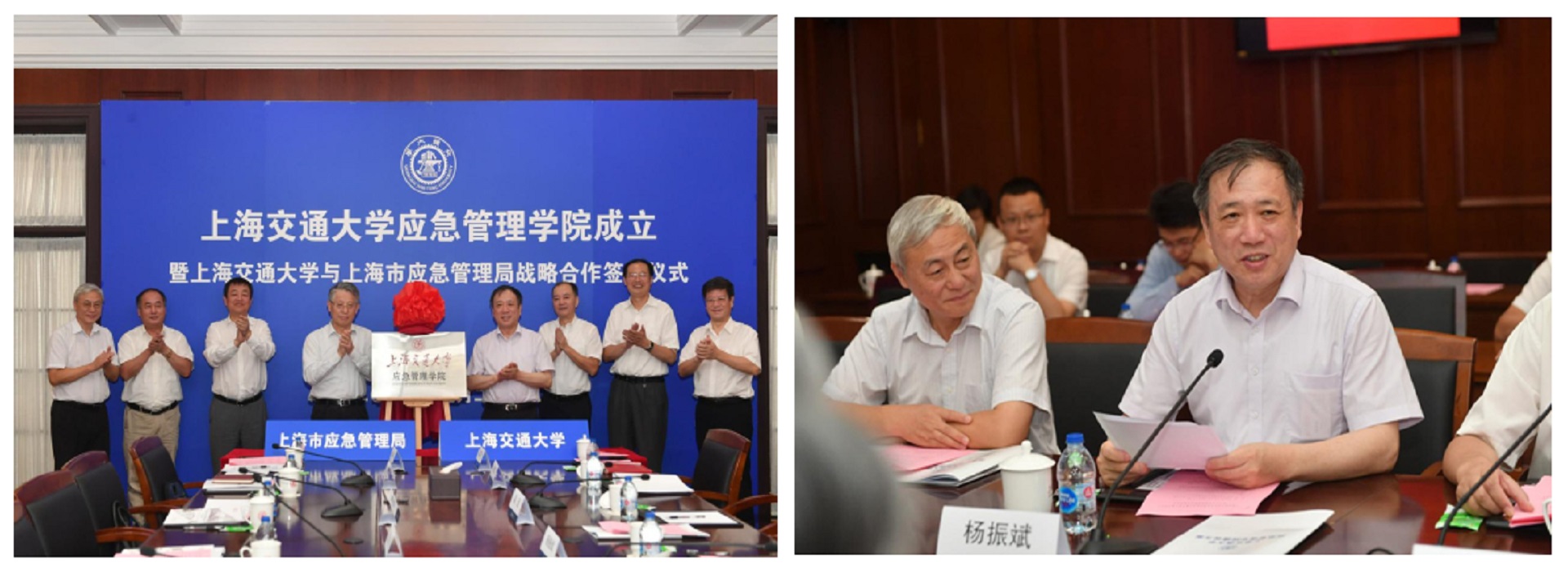GMW Interview: Jean-Marc F. Blanchard
2015/1/26 10:26:07
GMW Interview: Jean-Marc F. Blanchard: it is a wise choice to give the market a decisive role in "the Decision"
Also see this news at: http://en.gmw.cn/2013-12/03/content_9677986.htm
Beijing, Dec. 3 (Guangming) -- Since the Third Plenary Session of the 18th Communist Party of China Central Committee outlined the blueprint for China's future development, especially on economic reform, the "Decision" released after the fourday plenum has attracted world attention. What is the pros and cons in the Decision? What is the impact the Decision will have on China's economy?
Professor Jean-Marc F. Blanchard (白永辉)is the assistant dean of School of International and Public Affairs at SJTU as well as the former chief of Association of Chinese Political Studies. He expressed his opinions on the above questions in an written interview with GMW reporter.
("Q" is for the reporter, "A" represents Professor Jean-Marc F. Blanchard)
Q: What is your opinion on the "decisive role" of market which was highlighted by "the Decision on Several Major Questions About Deepening Reform"? To what extent do you believe it can work in Chinese economic environment?
A: It was a surprising, but wise choice for the Chinese Communist Party (CCP) to give the market a decisive role in "the Decision" that followed the Third Plenum (三中全会).
To be clear, it is incorrect to assume that this means that the market was not relevant in China before as it certainly has been and is. According to recent data, Chinese private firms presently control 60 percent or more of fixed assets, dominate economic output generally and manufacturing output specifically, and constitute the majority of manufacturing investment.
The issue is that the market has to be given a bigger role because the existing economic system doesn’t function so smoothly. Among other things, it is leading to excessive capacity, the misallocation of capital and risky levels of loan debt, the overconsumption of natural resources, corruption, and the waste of financial capital which could be more profitability deployed. Moreover, China faces a number of serious challenges on the economic front including an aging population, weaker export markets and increased competition from other investment destinations, and slowing growth rates.
Whether or not affording the market a decisive role will work economically depends upon many things. For example, there will need to be an integrated reform of many economic, political, and social barriers to the proper functioning of markets. As well, the government will need to put in place the proper legal and administrative/regulatory systems. To illustrate, if markets are given a decisive role in the banking and insurance sectors, then the government will have to establish strong structures to ensure risks are properly managed. This includes setting up transparent, trustworthy, and high quality accounting systems, building up risk management and supervisory capabilities within banks and insurance companies and the government, and ensuring incentives are created to minimize excessively risky behaviors. In addition, the legal system will have to be made more transparent, fairer, and more efficient to facilitate transactions, investment, and dispute resolution,
As far as job creation is concerned, giving markets a decisive role has the potential to generate many more jobs as it can support the creation and operation of small and medium enterprises (SMEs) as well as the birth of new industries. Giving the market a decisive role may not help in terms of economic goals such as creating national champions and promoting indigenous innovation. Nevertheless, this will depend upon government policy, the government's political and financial involvement, and the exact requirements of the given sector.
We should not think about the decision to give markets a decisive role only in terms of economic terms. We must think about it from an environmental and social perspective, too. As far as the latter, the government should work to ensure all people can benefit from the system (e.g., through education and training programs) and that those who are disadvantaged as a result of reforms or the pressures of a market system receive sufficient welfare support such as medical and unemployment benefits.
Q: What do you think the change of the role of SOE (massive state-owned enterprise) ? What is your opinion on its future perspective? Will it survive in the competition?
A: What SOE reform will mean for specific SOE-dominated sectors or SOEs is hard to say. It will depend upon the exact nature of the reforms, the financial situation of specific SOEs, the extent of competitive pressures that will be permitted (for example, in the form of new foreign entrants into protected sectors), the nature of specific sectors (some which are easier for new firms to enter), and so on. This said, it appears that the vast majority of SOEs will have to become more efficient as the costs of inputs (such as financial capital) will no longer be so cheap and competition from domestic and foreign firms will increase. Other SOEs may be forced to consolidate.
In the new environment, there certainly will be room for SOEs. The head of the National Development Reform Commission Xu Shaoshi said, for example, that market forces will not operate as freely in areas relating to national security and ecological and strategic resources while others have highlighted areas relating to "crucial public interests" as not fully operating according to market principles.
Although economists do not all agree, there are many who feel that some industrial (capital intensive) sectors such as utilities are more prone to oligopolistic competition. Such sectors may provide a more fertile environment for existing SOEs to survive and perhaps thrive.
Aside from specific market dynamics, SOEs can survive the competition if they receive significant government support and if the government reduces the amount of unwise investment and operational actions that it forces SOEs to undertake (e.g., developing technological standards that will not be embraced domestically or internationally). In regards to government support, it is important to recognize that it partly was the excessive support that SOEs received from government in the past which has created the problems that currently force the government to undertake SOE reform. So, too much support would not be a good thing.
Q: What do you know the attitutes of American economists and scholars on international affairs towards "the Decision"?
A: There is no uniform assessment of the Decision by American commentators, though most were surprised and pleased by its breadth, depth, and seriousness of tone. Many would like to see more specific details (though too many reform details might suggest a lack of focus) and more specific reform timelines.
They also recognize that "the proof is in the pudding" which means that it is implementation that matters, not lengthy statements or policy papers. In regards to implementation, some are concerned about reform obstacles posed by bureaucrats, SOE leaders, and other groups such as at the provincial and local level. They also know that the reforms are not easy and that many reforms require concurrent or well integrated reforms. In regards to the obstacles posed by special interests, some take heart in the fact that President Xi Jinping seems to have the political will and power to overcome special interests and that China is creating an economic leading group to shepherd through reforms.
In regards to implementation, there are those who question if the contemporary economic situation, which is decent, really will generate sufficient pressure for aggressive reform.




